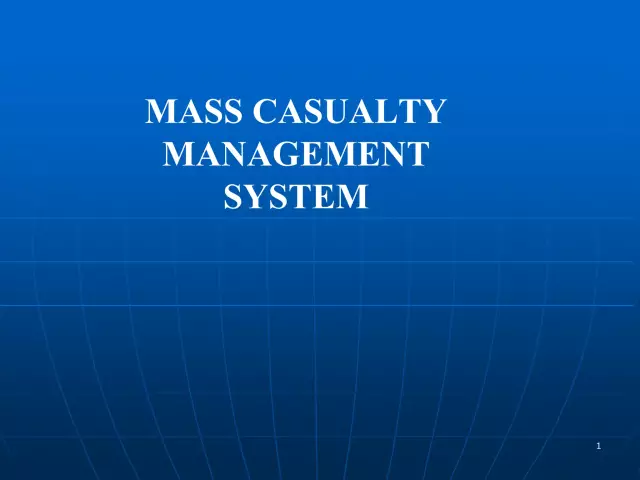- Author Rachel Wainwright wainwright@abchealthonline.com.
- Public 2023-12-15 07:39.
- Last modified 2025-11-02 20:14.
Hypochondria
What is hypochondria

Hypochondria is a condition when a person shows constant anxiety about the possibility of getting sick, complains or is concerned about his physical health, perceives his feelings as unpleasant and abnormal, suggests that in addition to the underlying disease, he is sick with something else.
People with hypochondria see the symptoms of serious illness in secondary health problems or even in the normal functioning of the body. At the same time, a person cannot control the symptoms associated with hypochondria, which can interfere with his normal functioning and provoke serious distress (stress caused by the expression of negative emotions).
Young people are most susceptible to this somatoform disorder, however, representatives of other age groups are not insured against the development of hypochondria.
The development of the disorder may involve factors such as:
- past physical or sexual abuse;
- a serious illness suffered in childhood;
- susceptibility to disease of a congenital nature;
- inability to express emotions;
- the presence of hypochondria in close relatives - painful behavior is learned from childhood.
In addition, personality traits such as suspiciousness, anxiety or depression are prone to the occurrence of this state.
Hypochondria symptoms
People with hypochondria are concerned about their perceived physical illness, but they don't lie or fake their symptoms, they really believe they are sick.
The warning signs of hypochondria include:
- Rich history of visiting doctors. Very often, these suspicious patients are looking for a "suitable" doctor who will agree with the presence of serious diseases.
- Recently experienced stressful event or loss.
- Excessive preoccupation with a specific body system or organ.
- A shift or change in symptoms of a physical illness.
- Constant fears of a person, which do not diminish even the doctor's assurances about his good health.
- The person suffers from nervousness, anxiety, or depression.
- Physical worries spoil family relationships, work and social life.
The symptoms of hypochondria, as a rule, are noticed by the people around them, since the patient himself is sure that his problem lies in a therapeutic disease. Most often, hypochondriacs complain of problems associated with the gastrointestinal tract, genitals, heart, and brain.
Hypochondria treatment

In the case of diagnosing hypochondria, the following treatment methods are comprehensively used:
- Supportive therapy. This method of treating hypochondria consists in regular contact of a person with a trusted doctor. Within this relationship, the doctor focuses on supporting and persuading the person, but at the same time monitors changes in the physical condition so as not to miss the development of a real illness.
- Psychotherapy. This treatment for hypochondria is advisory in nature and aims to change the behavior and thought patterns that cause the disorder. Psychotherapy can help improve a person's work and social functioning, as well as deal with stress. The use of this method of treatment is complicated by the fact that hypochondriacs tend to deny that they have mental or emotional problems.
- Medications. If hypochondria is accompanied by sudden mood swings or increased anxiety, it is advisable to prescribe antidepressants or anxiolytics (anti-anxiety drugs).
In most cases, the question of how to get rid of hypochondria is of concern to the relatives of the so-called patient, so they play an important role in convincing a person that he really needs psychological help.
Why hypochondria is dangerous
This somatoform disorder brings a lot of problems to a person, ranging from physical and mental discomfort to large bills for unnecessary medical services.
Hypochondria is a condition that can last for years, and even effective treatment does not guarantee that symptoms will not return.
There is no one hundred percent way to prevent hypochondria, but understanding and support from loved ones can help you adapt to the disorder and reduce the severity of its symptoms.
YouTube video related to the article:
The information is generalized and provided for informational purposes only. At the first sign of illness, see your doctor. Self-medication is hazardous to health!






